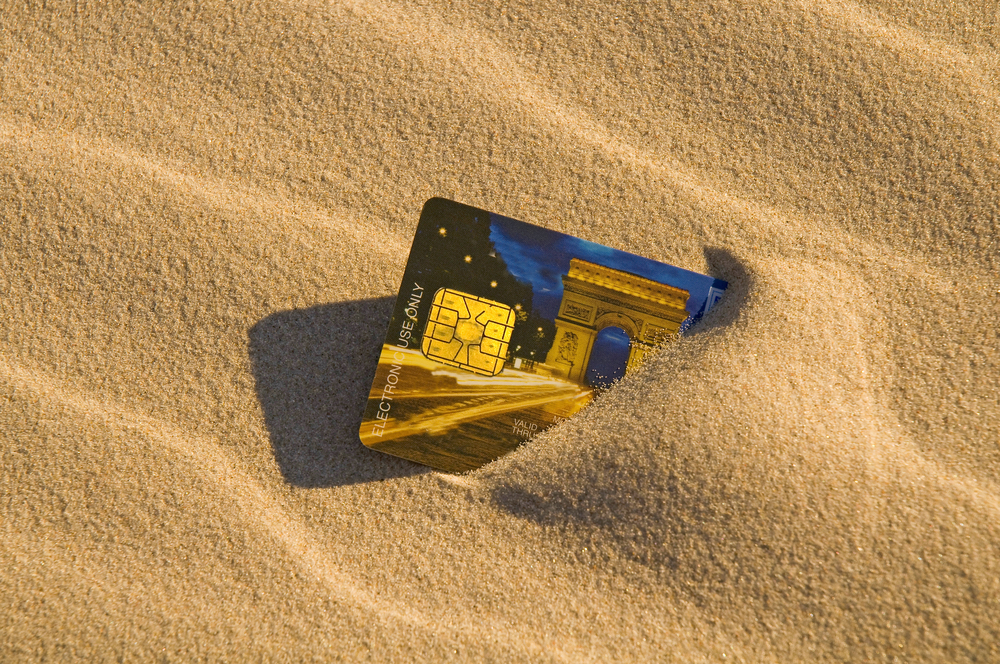Household Bills
Why it really pays to choose foreign currency over pounds when spending abroad

Holidaymakers are unwittingly forking out nearly £400m in fees when paying by credit or debit card abroad because they choose to cover the transaction in pounds rather than the local currency.
When using your usual UK bank card overseas to withdraw cash or pay for goods and services, holidaymakers are given the option to either pay in pounds or the local currency.
By picking to pay in pounds abroad, some people find it helps them track their spending, but many mistakenly believe it will be cheaper.
Travel money specialist FairFX has warned that this practice actually exposes holidaymakers to extortionate fees and unfavourable rates, leaving them out of pocket without even realising.
FairFX said a fifth of holidaymakers have forked out a total of £380m due to the Dynamic Currency Conversion (DCC) fees.
If you are using your debit, credit or prepaid card to pay in sterling, the vendor or ATM is able to define the rate that is used to convert your transaction from, for example, euros, back into sterling.
FairFX said this conversion is charged at an average of 6% of your transaction value – but can be as high as 10% on top of whatever you spend.
Ian Strafford-Taylor, CEO of FairFX, saidd: “The premise of DCC appears logical to holidaymakers abroad. Unfortunately, this is often nothing but a hyper-inflated rip-off, duping holidaymakers to pay unnecessary fees and accepting unfavourable exchange rates.
“The worst part is that the holidaymakers are actually trying to get the best deal, but instead are losing out and, as a nation, we’re being fleeced to the tune of £380m each year.”
Top tips to avoid being ripped off abroad
FairFX gives these top tips to ensure your money goes further overseas:
- If you’re asked what currency you want to pay in, always choose local currency. And the same if you’re using an ATM.
- Be vigilant: if you’re billed in pounds, refuse it. Write ‘DCC rejected’ on the receipt and insist on being charged in local currency.
- Debit and credit cards are a good back up for travel money but if you want to guarantee your rate, use a prepaid currency card which locks in your exchange rate when you buy. If you’re using a prepaid currency card loaded with pounds, similarly always choose to pay in local currency to avoid third party charges and rates.
- Set up a currency alert with an online currency provider so that you are alerted to the best time to buy when the rate moves in your favour.
- Whatever you do, don’t leave sorting out your travel money until the last minute as you could be left severely out of pocket. Exchange rates at the airport can be more than 10% more expensive than elsewhere meaning that you could lose £100 for every £1,000 you exchange.